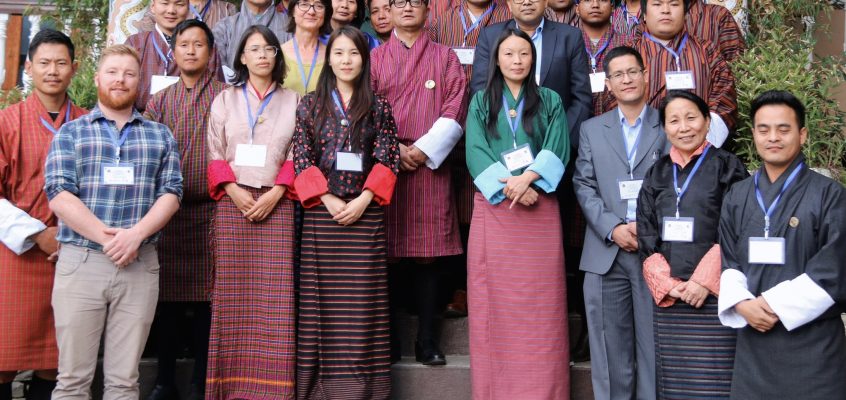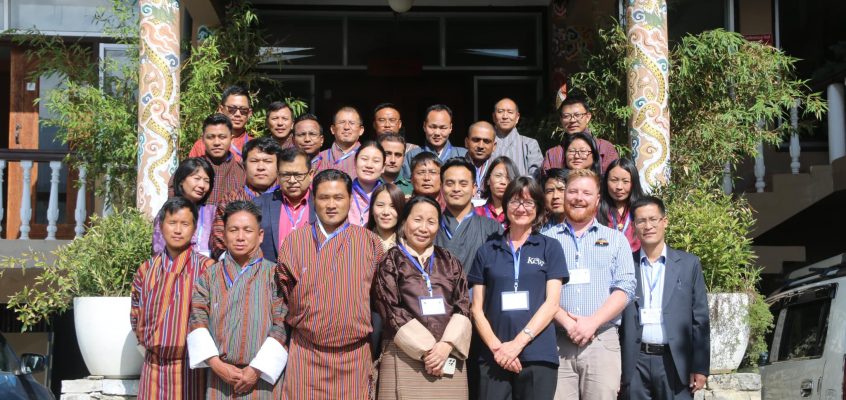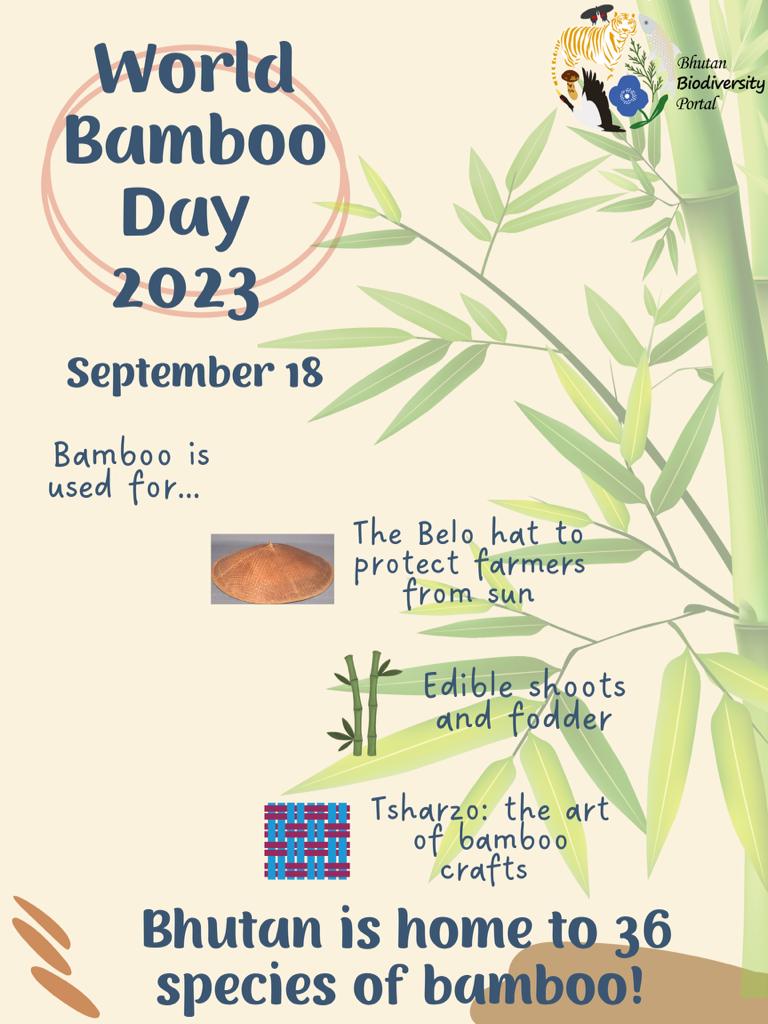Conclusion of NBC-Kew Tree Species Conservation Project
The three day workshop on Bhutan’s Tree Species Conservation Project concluded on 13th October 2023. The event was honored by the esteemed presence of His Excellency Dasho Secretary from the Ministry of Agriculture and Livestock. The participants celebrated the achievements … Continued




